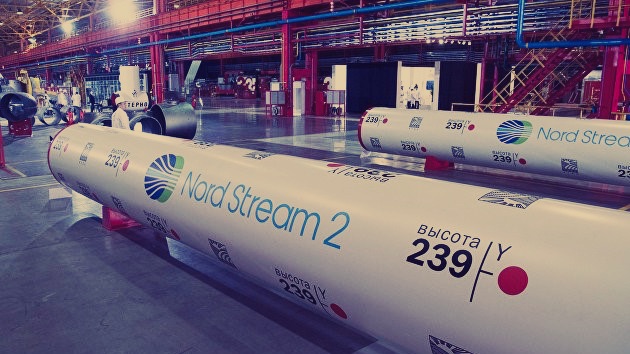German chancellor Olaf Scholz ruled out certifying the Nord Stream 2 pipeline on Tuesday, 22 February – less than a day after Russia recognised the independence of and sent troops to separatist-controlled Donetsk and Luhansk in eastern Ukraine.
"The situation today is fundamentally different and that’s why we must re-evaluate this situation, in view of the latest developments. By the way, that includes Nord Stream 2," Scholz said, as quoted in Financial Times.
"Without this certification, the pipeline cannot go into operation," the German chancellor added while talking about how he instructed Robert Habeck, the Federal Minister for Economic Affairs, to withdraw the positive assessment required to certify the pipeline.
Nord Stream 2 is a natural gas pipeline that stretches from Russia to Germany, spanning more than 750 miles.
Its construction was completed last year.
The pipeline will use an undersea route, under the Baltic Sea, and will double the gas supply in comparison to the original Nord Stream, which has been running since 2011.
A large share of the gas that Russia supplies to Europe passes through Ukraine, allowing it to earn around $2 billion in transit fees.
But Nord Stream 2's route along the Baltic Sea would have bypassed Ukraine, thereby depriving the country of approximately 3 percent of its Gross Domestic Product.
A more detailed analysis of the pipeline and its importance can be found here.
(With inputs from FT.)
(At The Quint, we question everything. Play an active role in shaping our journalism by becoming a member today.)
